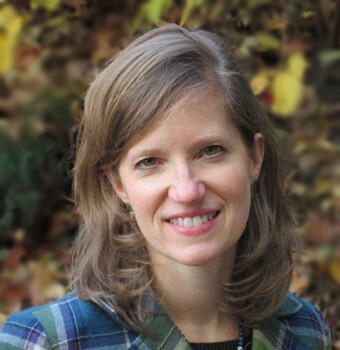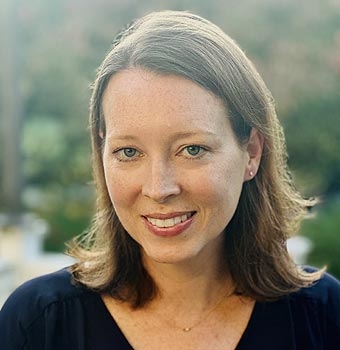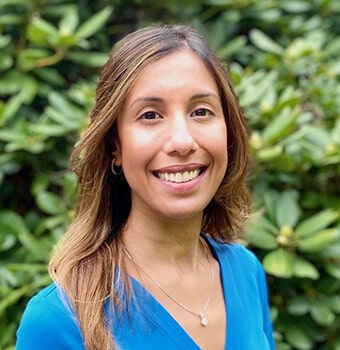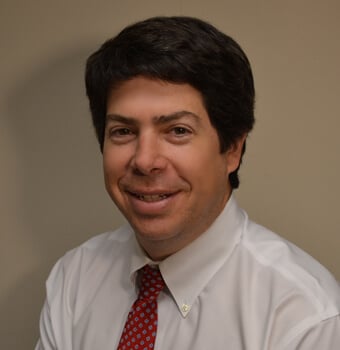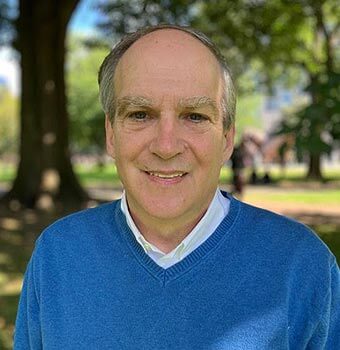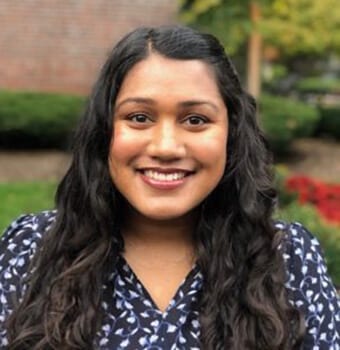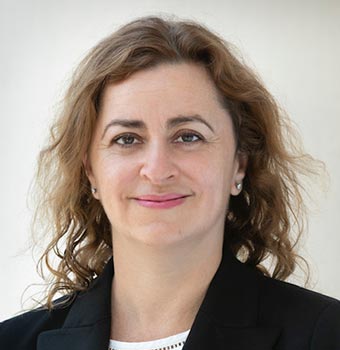Comprehensive Eye Care
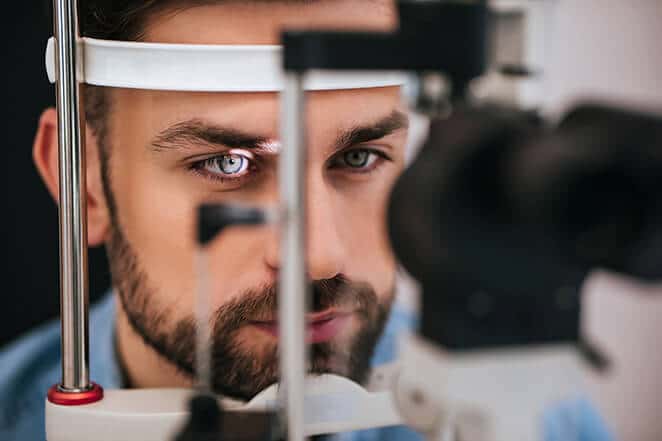
Is it hard to remember when your last eye exam was? This might be a sign that it’s been too long. Newton Wellesley Eye Associates is here for all your comprehensive eye care needs, including eye exams and contact lens fittings.
The Importance of Eye Exams
Eye exams are not only for people with refractive errors that require glasses and contact lenses. They are necessary for everyone to ensure their eyes are healthy. Eye exams are essential to preventative care and the only way to diagnose certain eye conditions like glaucoma or age-related macular degeneration. But many eye conditions have few symptoms in the early stages. Eye exams are the only way to diagnose these conditions and ensure they cannot reach advanced stages. Eye exams ensure that your eye doctor at Newton Wellesley Eye Associates can diagnose and treat any potential eye conditions in a timely manner and preserve your vision.
How Often Should I Get an Eye Exam?
To maintain your eye health and ensure clear vision, it is recommended to schedule a comprehensive eye exam every one to two years. Regular eye exams allow your eye doctor at Newton Wellesley Eye Associates to monitor any changes in your vision, detect early signs of eye conditions, and update your prescription if needed. However, certain factors may warrant more frequent exams, such as age, existing eye conditions, or other health conditions. Your eye doctor can provide personalized recommendations based on your specific circumstances.
It’s important to keep in mind that comprehensive eye exams are vital for preserving your vision and detecting any potential issues before they become more serious.
What to Expect at a Comprehensive Eye Exam
During a comprehensive eye exam, your eyes are examined and measured to ensure they are healthy. Your eye doctor may assess your eyes with various tests and measurements, including:
Urgent Visits
Have you noticed a sudden loss of vision, severe eye pain, an eye injury, or other urgent eye issue? You may require an urgent visit at Newton Wellesley Eye Associates. These urgent visits may be necessary to avoid serious complications or potentially irreversible vision loss.
Let your eye doctor or healthcare provider know as soon as possible if you think you may need an urgent appointment.
Contact Lenses
If you’re interested in wearing contact lenses, you’ll need to be fit for them separately from your eyeglasses. Contact lenses use a different prescription and require separate corneal measurements. Your optometrist will measure the size and shape of your cornea to determine the best type of contact lenses for you and the most precise prescription. We will review how to put your new contact lenses in your eyes, best practices for wearing them, and contact lens hygiene.
We’ll provide you with a trial pair of contact lenses to evaluate their fit and comfort during the exam and will guide you through the process while answering any questions about wearing contacts. Once you’ve had your initial contact lens fitting, we will schedule a follow-up visit to monitor your ability to wear contacts. These appointments are the perfect time to make any adjustments if you’re having difficulties with your chosen contact lenses.
Please let our staff know when scheduling your appointment if you need a contact lens exam (fitting or update), as a separate appointment type may be necessary.

